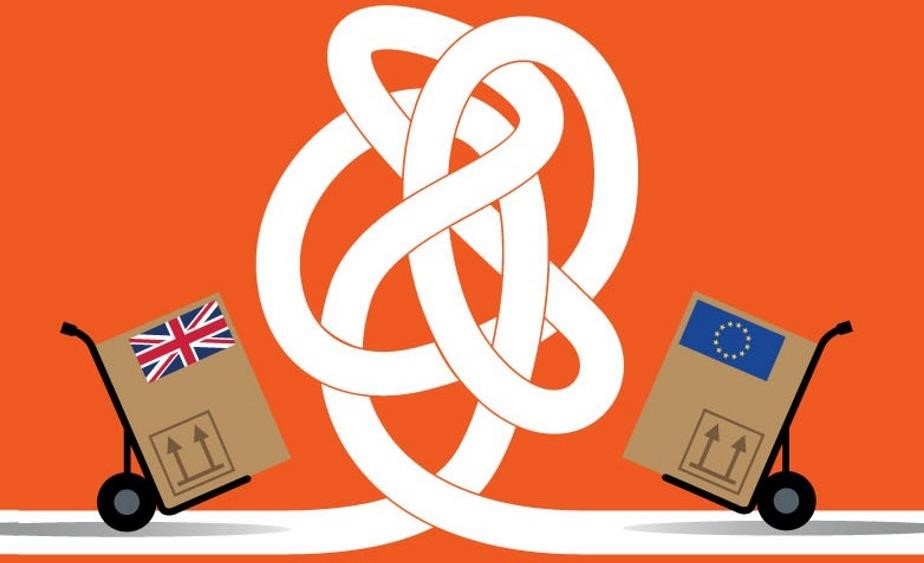The Brexit deal, now ratified by the European Parliament, has transformed the landscape for trading between the UK and EU. Here we summarise what changes have been implemented, what’s been delayed and some of the emerging practical issues for businesses that are affected.
25 May 2021
Following the signing of the Trade and Cooperation Agreement between the UK and EU and the end of the Brexit transition period on 1 January this year, businesses are coming to terms with significant changes.
Businesses that employ anyone from outside the UK, including from the EU, now have to navigate a new points-based immigration system, which has introduced job, salary and language requirements.
And while the Brexit deal ensured tariff-free movement of goods of EU or UK origin across EU and UK borders, imports and exports of goods now need to be formally declared to customs agencies.
New timetable for import border control
However, a new timetable for introducing import border control processes has been set out by the UK government to enable businesses to focus on bouncing back from Covid-19 challenges.
Full border control processes won’t now come into effect until 2022, six months later than originally planned. The delay is to allow businesses further time to prepare for changes at the border and minimise disruption.
Deal for services
The UK’s services sector was largely overlooked in the Brexit deal, but UK/EU cooperation over the cross-border supply of financial services came a step nearer this spring when the two sides agreed a memorandum of understanding (MoU). Although still to be formally finalised, the new rules are expected to mirror an existing framework between the EU and the US.
Shipleys continues to help businesses adjust to the UK’s new trading relationship with the EU. Drawing on our membership of AGN International – a global association of separate and independent accounting and advisory businesses – we are arranging various EU registrations, establishments of EU subsidiary offices and appointing fiscal representatives on our clients’ behalf.
Data protection agreement a step closer
Uncertainty around what businesses are expected to do with data coming out of the EU should soon be cleared up following draft UK adequacy decisions from the European Commission earlier this year.
If accepted by the European Data Protection Board and then ratified by representatives from the 27 EU member states, the adequacy decisions will allow for continued free flow of personal data from the EU into the UK.
UK businesses will in the meantime continue to be able to receive data from the EU under the adequacy bridge agreed in the 2020 Trade and Cooperation Agreement.
Positive progress has been made largely because the UK government has said that it intends to incorporate the EU’s GDPR rules on data protection principles, rights and obligations into UK data protection law.
However, ongoing cooperation relies on continuing data law alignment and it’s likely the adequacy decisions will be reviewed in four years’ time.
The Information Commissioner’s Office website has more information, including whether UK businesses with no office, branch or other establishments in the EEA may need to appoint a European representative – read it here. The gov.uk website is also helpful – see here.
Can we help?
We have been helping many businesses prepare for the UK's new trading relationship with the EU. For more information and help please speak with your Shipleys contact, or one of our specialists shown on this page.
Specific advice should be obtained before taking action, or refraining from taking action, in relation to this summary. If you would like advice or further information, please speak to your usual Shipleys contact.
Copyright © Shipleys LLP 2021














